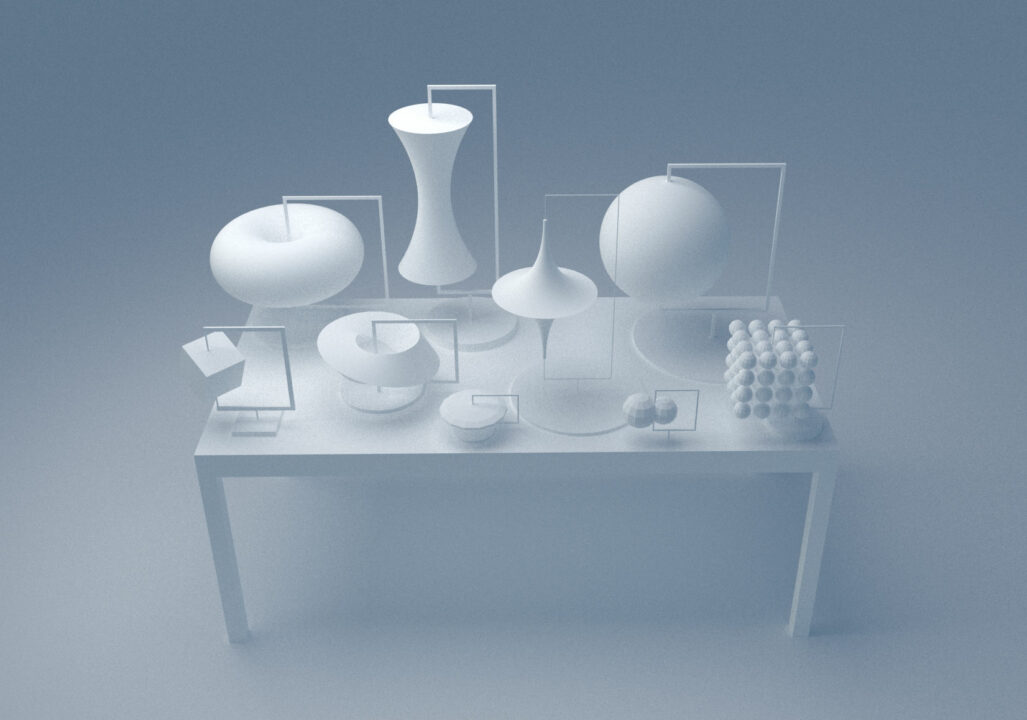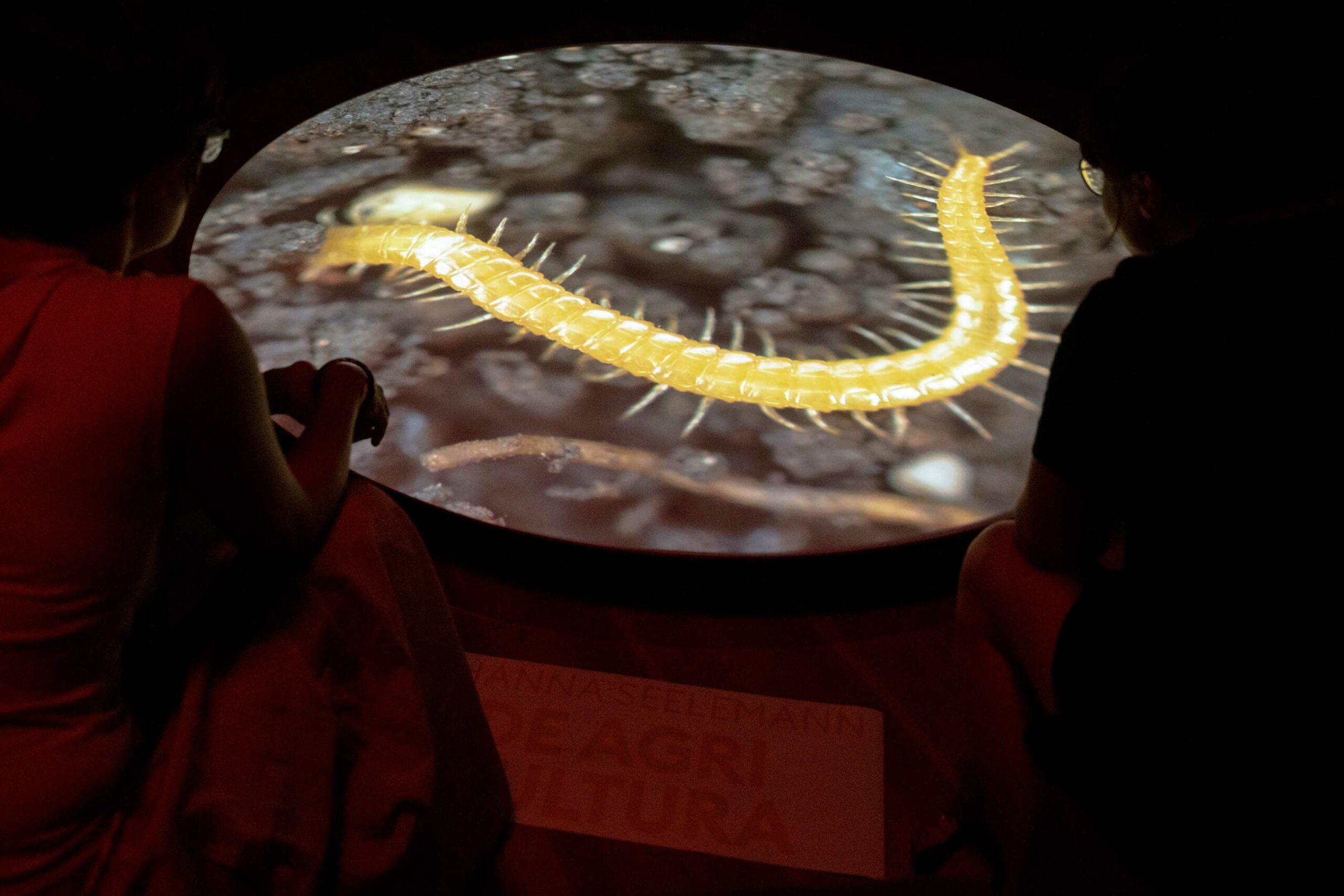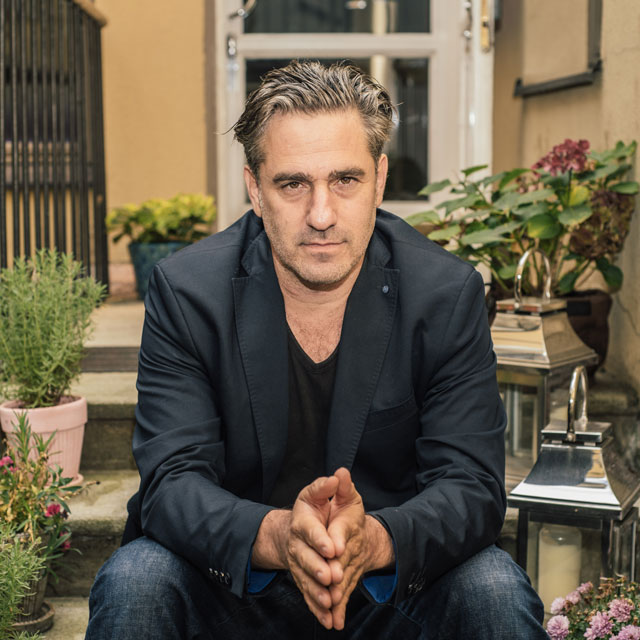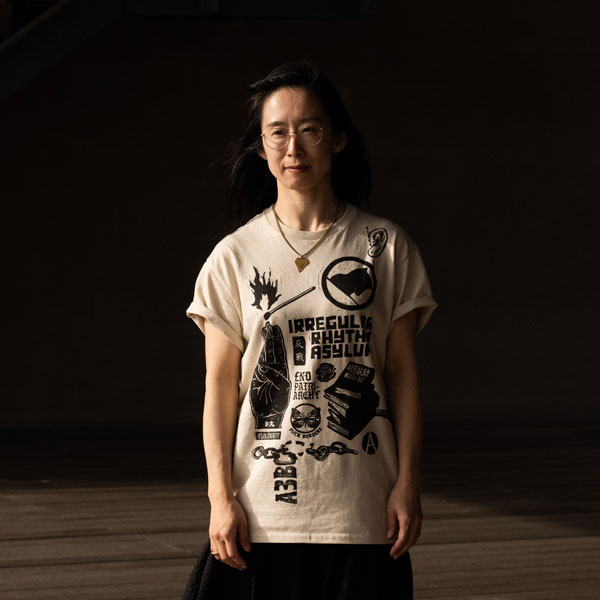“We use design to ask questions about the kinds of worlds we want to live in.”
British designer Fiona Raby is a partner in the New York-based design studio Dunne & Raby, whose practice is centered on Critical Design, which uses design fiction and speculative design proposals to challenge assumptions and conceptions about the role objects play in everyday life. She is University Professor of Design and Social Inquiry, and co-director, together with studio partner Anthony Dunne, of the Designed Realities Studio at The New School in New York.
Raby is a co-author, together with Dunne, of Design Noir (2000, 2021), and Speculative Everything (2013) and her design projects are in several permanent collections including MoMA, New York; the Victoria and Albert Museum, London; and MAK, Vienna. In 2021, Raby was made a Royal Designers for Industry (RDI) and Life Fellow by the Royal Society of Arts (UK). Dunne & Raby received the inaugural MIT Media Lab Award (US) in 2015.
“When we recently tried to explain what we do to a colleague of ours in the humanities, he said, ‘Oh, so you design for non existent worlds?’” says Raby. “We hadn’t thought of it like that, but yes! I think that’s pretty much what we do. At Dunne & Raby, we think of it as designing for the ‘Not Here, Not Now,’” she adds.















